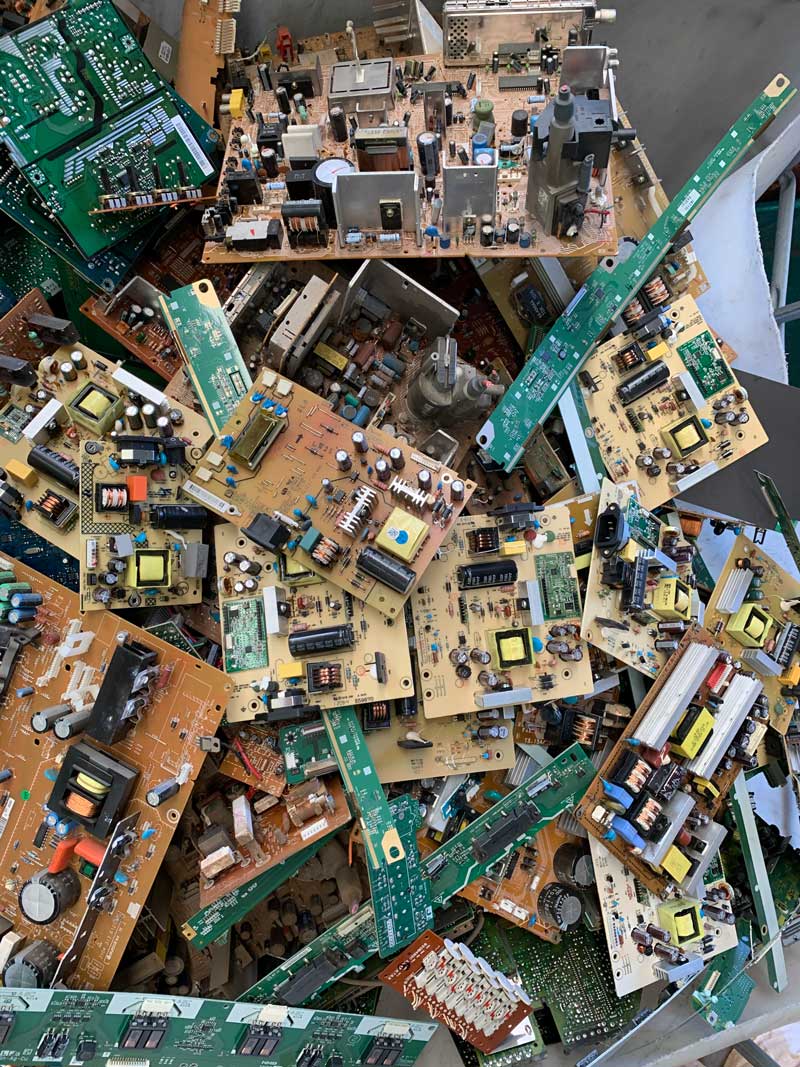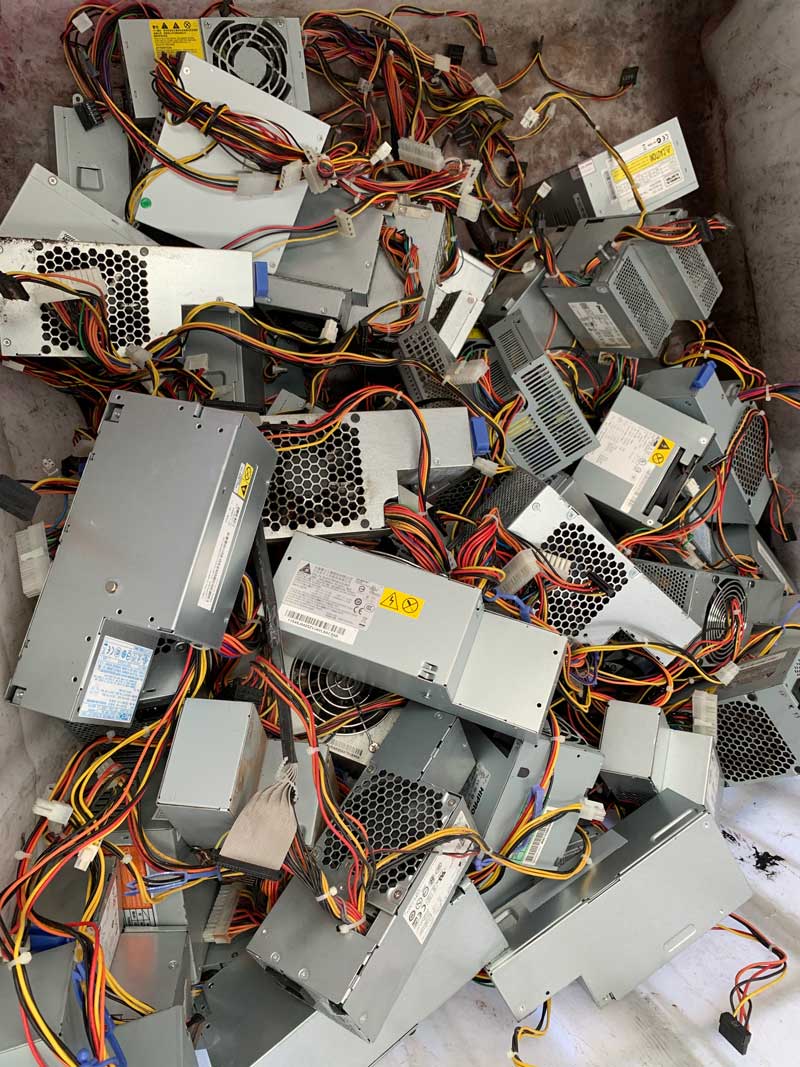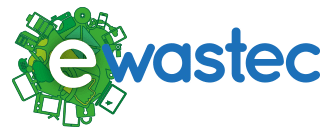National Television and Computer Recycling Scheme
The National Television and Computer Recycling Scheme (NTCRS) was established in 2011 to provide Australian householders and businesses with access to industry-funded collection and recycling services for televisions and computers.
Don’t bin it,
eWastec it!
National Television and Computer Recycling Scheme
To date (Oct 2020), more than 360,000 tonnes of TV and computer e-waste has been collected and recycled under the scheme. This has diverted hazardous materials away from landfill and enabled the reuse of valuable resources contained in e-waste.
How the scheme works
The Recycling and Waste Reduction Act 2020(link is external) and the Product Stewardship (Televisions and Computers) Regulations 2011 provide the regulatory framework for the scheme. This legislation sets the outcomes industry are required to meet. The Department monitors compliance with the scheme.
Manufacturers, importers and distributors of television and computer products over a certain threshold are liable under the scheme and are required to pay to be a member of an approved co-regulatory arrangement.
Co-regulators are responsible for achieving the scheme outcomes on behalf of the liable parties by organising the collection and recycling of e-waste and through communicating information on the scheme to the public.
Find out more information about co-regulatory arrangements.
National Television and Computer Recycling Scheme – Objectives
The objectives of the scheme are to:
- reduce waste to landfill, especially the hazardous materials found in electronic waste (e-waste)
- increase the recovery of reusable materials in a safe, scientific and environmentally sound manner
- provide convenient access to recycling services for households and small businesses throughout Australia.
The National Television and Computer Recycling Scheme is an important part of eWastec’s business and also for recycling in Australia.

Why Recycle Computers?
Computers contain valuable non-renewable resources such as gold, steel, copper, zinc, aluminium and brass. In fact, the amount of gold recovered from one tonne of electronic scrap from personal computers is more than that recovered from 17 tonnes of gold ore [Electronics TakeBack Coalition, Facts and Figures on E-waste and Recycling].
Furthermore, computers contain hazardous materials which can be hazardous to humans and the environment if they are not disposed of appropriately. It’s clear that computer disposal should be managed in a safe manner, however many computers are still disposed of with household or business rubbish and as such, end up in landfill.

What is Computer Recycling?
Computer recycling entails the breaking down of the product into its various components such as plastics, metals, glass etc.
Over 95% of the materials in computer systems can be fully recycled for future use.
IT equipment and Computer recycling can be quite complex. Depending on the size and design of the equipment, there may be anywhere from a handful of components that require disassembly to dozens of components that require disassembly.
The average desktop computer for example may contain a number of different grades of PCB, a CPU, RAM, a Power Supply, a hard drive, a floppy drive, copper or aluminium extrusions, copper cable and the case constructed of steel, plastic or in some cases aluminium. An office server may have dozens or hundreds of these components.
To ensure all components are recycled properly, it’s important for us to know that the type of component has been separated correctly to prevent cross contamination during refinery.
Benefits of Computer Recycling
Did you know that making just one desktop computer and monitor uses the same amount of chemicals (22kg), water (1500kg) and fossil fuels (240kg) as it takes to make a mid-size car?
When you recycle your computer, not only the environment benefits but people do too. If your computer is still in working order, we’ll give it a second lease of life and pass it on for someone else to enjoy.
If your computer is past its prime, we will dismantle it and use the individual parts such as the glass, cabling, plastics and circuit boards to create brand new products.
Why Choose eWastec?
eWastec is an Australian owned and operated business with over 20 years of experience in the recycling industry. With an aim to reduce the impact on the environment as a result of eWaste, we focus the recycling of electronic products such as computers, TVs and other IT waste.
“Earth Conscious. Community focused.”
At eWastec, we manually process all eWaste that we receive in order to ensure the quality and number of parts that we can recover. Our manual processing also gives us the chance to provide employment opportunities for those in the community who need it most through our disability program.
For more information on how we can assist in the recycling of your computer or IT equipment, don’t hesitate to get in touch.
